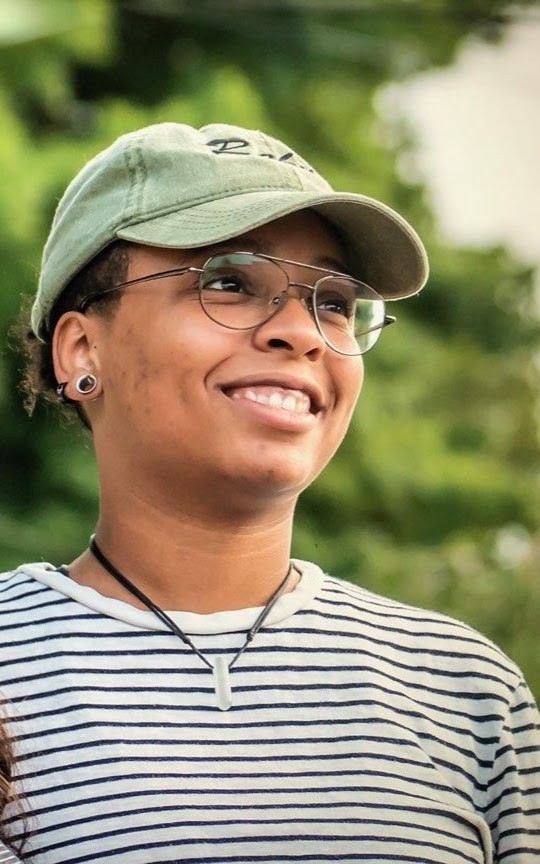Alright – so today we’ve got the honor of introducing you to Dionna Shire. We think you’ll enjoy our conversation, we’ve shared it below.
Alright, Dionna thanks for taking the time to share your stories and insights with us today. One of the toughest things about progressing in your creative career is that there are almost always unexpected problems that come up – problems that you often can’t read about in advance, can’t prepare for, etc. Have you had such and experience and if so, can you tell us the story of one of those unexpected problems you’ve encountered?
Once I graduated from college, I figured that finding a job in the animation industry would be a little hard while living in Ohio. But I didn’t think that it would be as difficult as it was. The Midwest isn’t a large animation hub when you compare it to the West or east coast, But I figured that if I tried hard enough and that my art was decent enough, that eventually I’d find myself at an animation job in no time.
But as time went on, work was harder and harder to find. I realized that there were a lot of areas I was lacking in that would’ve made me a more appealing candidate for internships and opportunities. As I researched to find qualities that I was lacking, I found that there was so much information that my educators did not present me with. Applying for summer internships, collaborative project building, optimizing my workflow so that I could adapt to any project I might be hired on. All things that I realized that I should’ve known a long time ago but was completely unaware of their important or existence at all.
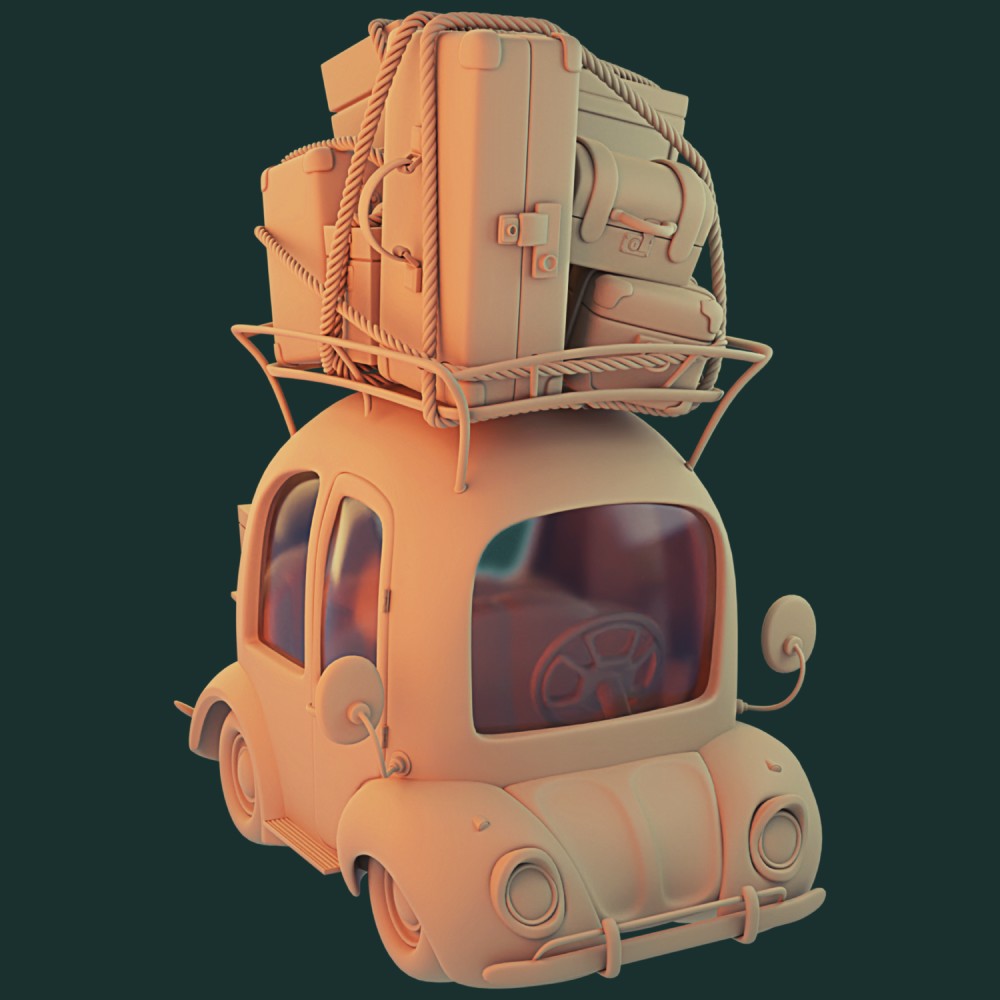
Great, appreciate you sharing that with us. Before we ask you to share more of your insights, can you take a moment to introduce yourself and how you got to where you are today to our readers.
I graduated form the Columbus College of Art & Design in 2018 with a BFA in Animation. When graduating, I have every intention to work in film, but I actually found my passion in video games and education. My artistic career was a slow start after graduation, so I spent my time honing my craft and building up my portfolio. After teaching myself new skills and software, I ended up working a few freelance gigs here and there as I began to integrate myself in an online community of fellow 3D artist. It’s within that community I first started to consider the possibility of working in games instead of animation.
After making the pivot to learn how to be a games artist, I was contacted by Curiomatic to join their team as a 3D Artist. While on their team, we worked on creating a fan tribute to the Nintendo game Mother 3.
As I worked on that project with Curiomatic, I took it upon myself to continue my education on my own. I kept researching, learning, growing and finding new ways to gain the knowledge and connections I need to move forward as an artist. I did some volunteer work at a local game developers conference called GDex, and I created an artists collective with my friends and fellow CCAD alumni where we can share resources and jobs as well as just offer support and hang out. We also do monthly movie nights. When sharing my finding with my peers, I realized that I wasn’t the only one lacking in this knowledge. Sharing resources and learning is what inspired me to spend some time as an educator as well.
I spent a little over a year working with a fantastic education company called Game-U. At Game-U, I was an instructor, mentoring and educating students in 1 on 1 classes on how to bring their ideas to life in 2D and 3D forms. My time working at Game-U was probably one of the best experiences I’ve ever had.
As I was teaching and the Mother 3 Tribute wrapped up production, I was scouted by Ivy Road Games. The studio found my work and wanted to offer me a job as a Junior 3D Environment Artist. This was a wonderful opportunity but unfortunately meant that I had to leave game-U. Leaving Game-U was bittersweet, because I will always love my students, and it broke my heart to leave them. But gaining more industry experience is something I’ve always wanted. Also, more experience means more I could teach future students if/when I begin educating again.
As of today, I have been at ivy Road Game for 2 years, working on an unannounced project. The experience has been packed with information and inspiration and I love what I do!
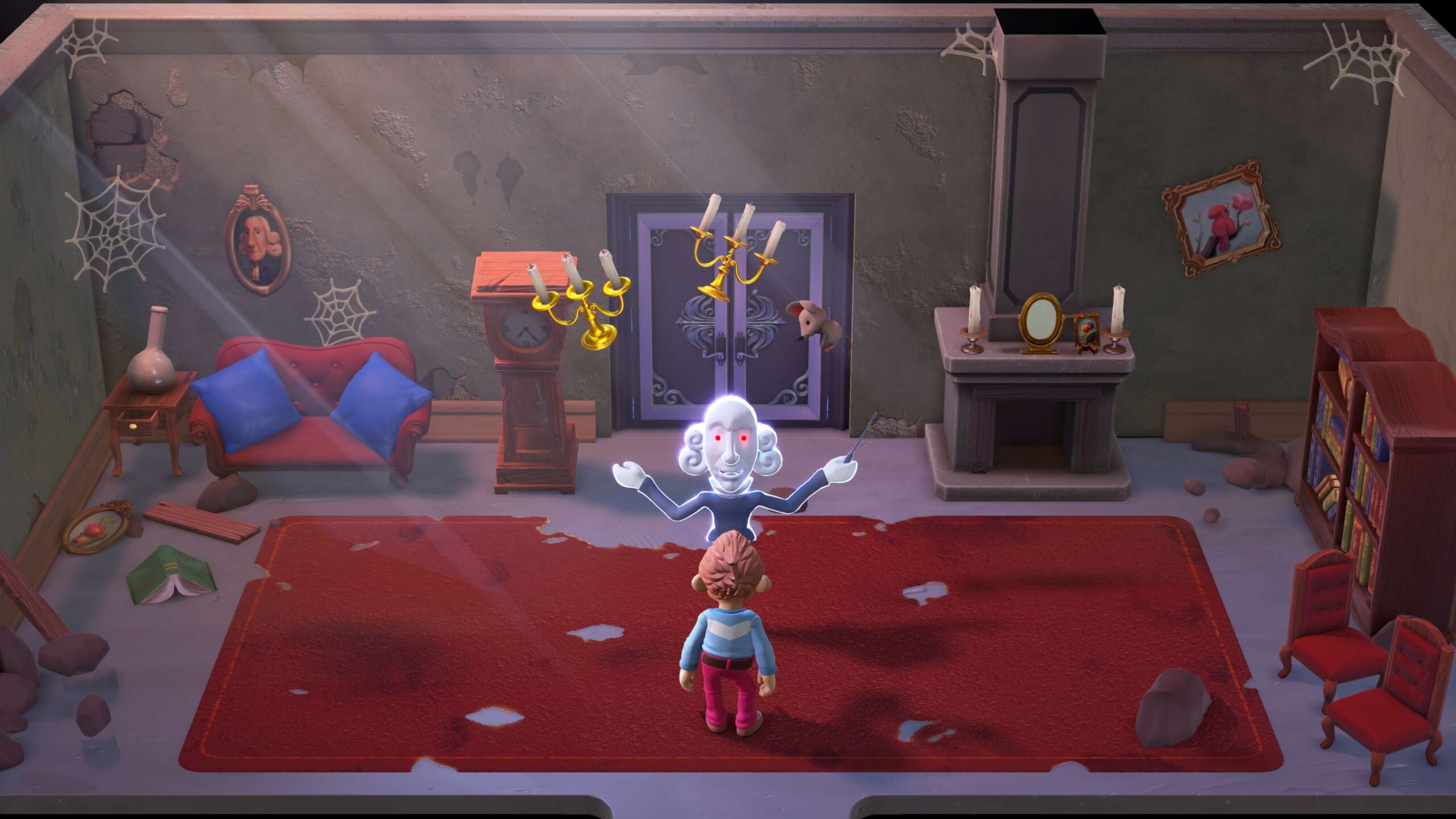
How did you build your audience on social media?
My audience on social media isn’t very large, but my greatest follower count is on Twitter. I think a lot of things went into gaining the platform that I have, but the largest contributor to that grown would be my community.
I stopped seeing my fellow artist as a networking opportunity and started seeing them as a person with a shared interest. I didn’t follow people in hopes of them following me back, I followed them because I liked their personality. I didn’t comment on their posts because I wanted to get noticed, I left a comment because I wanted to tell them something positive, or to let them know that I relate to them.
I also spent time with my community in person and in online spaces like discord. We don’t just talk about the industry, we talk about life, game together, watch trash TV together, and share pictures of our pets. We build bonds. and through those bonds, we make friends.
And friends support each other, so if my friends see that I have posted some updates to my portfolio, they share the news with their, followers. Which leads people to my profile, which leads to more followers! And I do the same for them every chance I get!
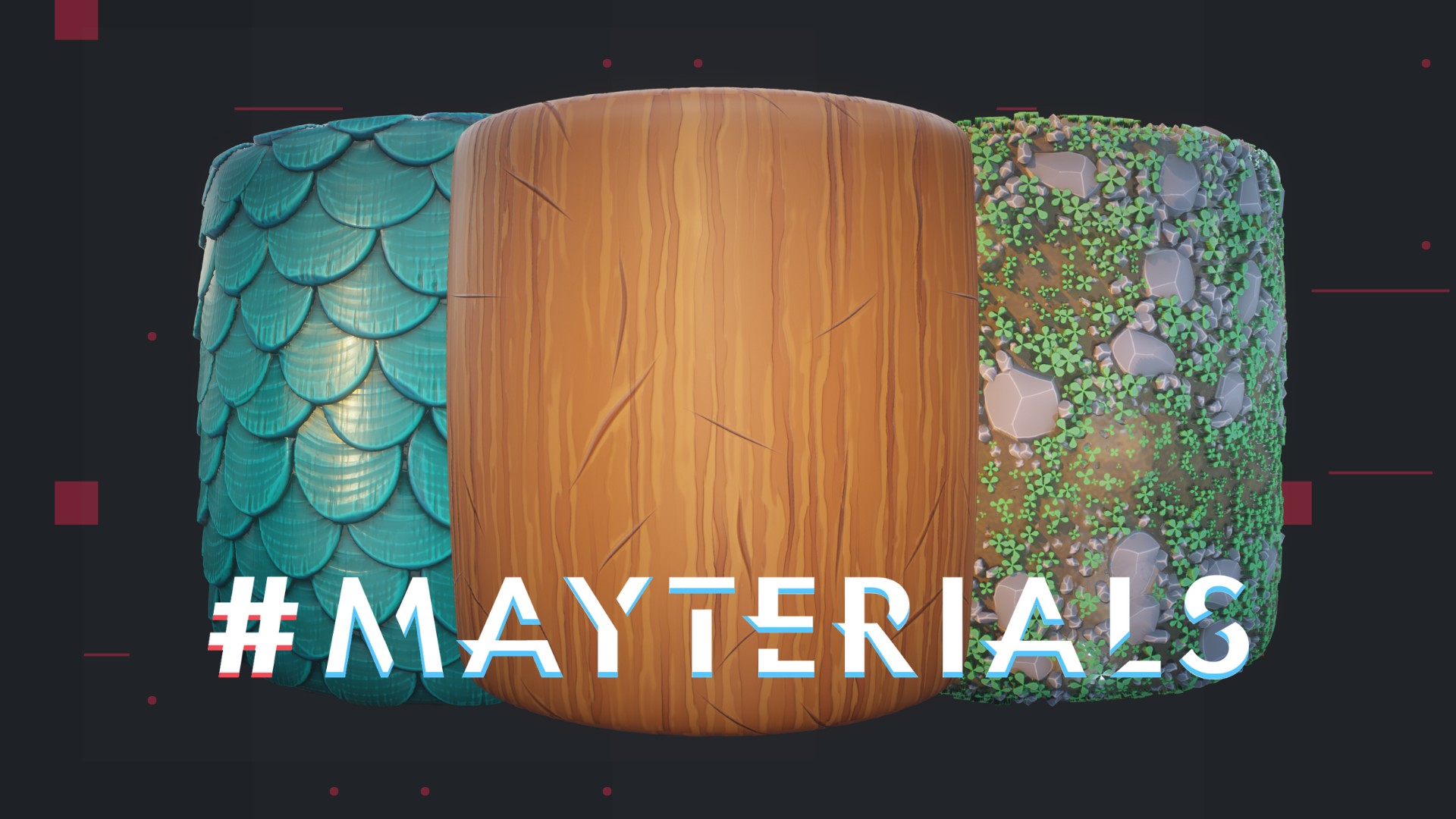
In your view, what can society to do to best support artists, creatives and a thriving creative ecosystem?
Being able to experience art of any form is a privilege that not everyone is afforded. I understand that, especially working in video games; that not everyone can contribute funds towards the arts. some games are going for $60 a piece and that’s not even including the cost of the console you need to play it on.
Monetary support is nice, but it is not the only way that the arts can be supported. Most artists I know are working on a passion project, or has an idea that they want to get off the ground. I’d say that the easiest way to support your artists is to talk about them. Show their work to others, spread the word, like and re-post their art.
Another way to support creatives is to always be respectful. Being a creative might sound like it’s cut and dry, but there us so much passion, effort and skill that goes into each and every craft. All creates will be a different skill levels, but we all deserve respect.
Do not feed our art to AI generators to copy our styles without our consent, don’t copy our work and try to pass it on as your own, and don’t be rude and belittling online or in person. Just be kind, ask for advice, support, and resources. Odds are the resources we send you will help another artist too!
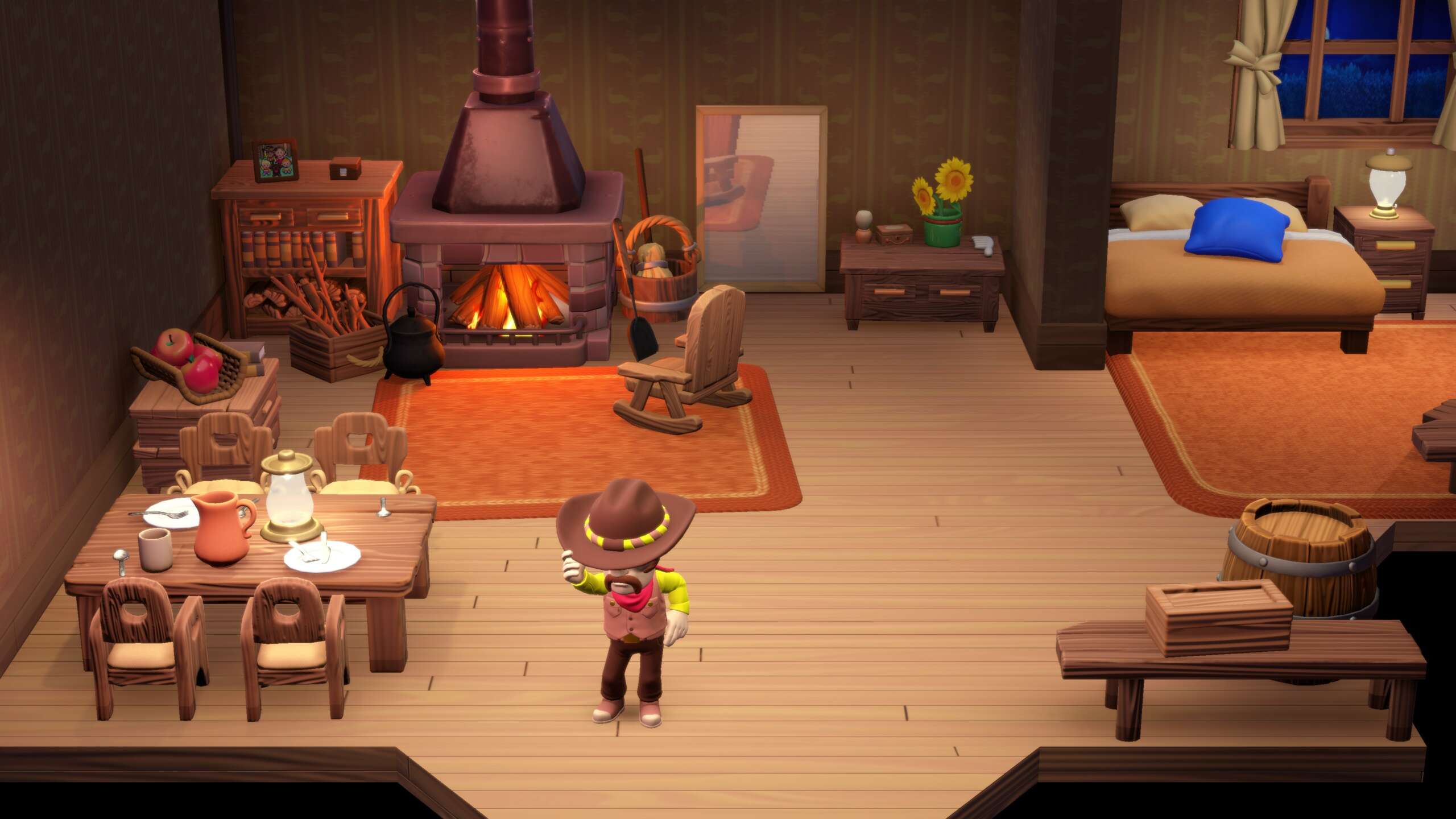
Contact Info:
- Website: https://daustindoodles.artstation.com/
- Instagram: https://www.instagram.com/thewantedpumpkin/
- Linkedin: https://www.linkedin.com/in/d-shire-8212445b/
- Twitter: https://twitter.com/1wantedpumpkin
- Other: Artstation: https://www.artstation.com/daustindoodles
Image Credits
Curiomatic – Mother 3 Tribute


